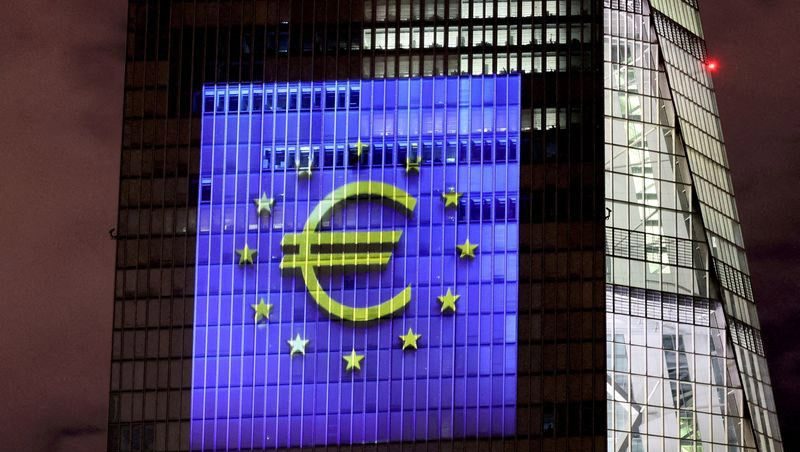JABAR EKSPRES – A total of 20 eurozone countries went into mild recession at the start of this year, according to data released Thursday (6/8) by Eurostat, the European Union (EU) statistics office said.
Eurostat said economic growth in eurozone countries fell 0.1 percent in each of the past two quarters, indicating a technical recession.
Economic growth was disrupted by high food and energy prices, disrupted trade networks, and instability – all major impacts of the ongoing conflict between Russia and Ukraine, Eurostat said.
Read more: Pertamina Patra Niaga Records Net Profit of USD 193.07 Million in 2022
The eurozone economy experienced much more dramatic contractions of 3.1 percent and 11.5 percent, respectively, during the first two quarters of 2020, before expanding by 12.4 percent in the third quarter of that year.
In contrast to the slight upturn predicted by economists, the contraction of the eurozone economy in the first quarter of this year was largely unexpected, according to media reports.
The eurozone’s largest economies failed to show enough impetus for better growth.
Germany entered recession in the first quarter, having shrunk 0.5 percent in the last quarter of 2022 and 0.3 percent in the first quarter of this year.
Growth in France was flat in the last quarter of 2022, followed by 0.2 percent growth at the start of this year. Italy, meanwhile, saw its economy shrink 0.1 percent by the end of 2022, before recovering to 0.6 percent growth at the start of this year – the fastest growth rate among major EU economies.
The Ukraine conflict has kept energy prices higher, creating knock-on effects on food prices and trade.
Eurostat said that in that context, overall spending in the eurozone fell 0.3 percent in the first quarter after falling 1 percent in the previous quarter. Imports and overall public spending also fell in both quarters.
The performance of the eurozone economy is likely to be a central topic of a meeting of financial leaders on June 15 to discuss whether the European Central Bank should raise interest rates. Higher interest rates help curb inflationary pressures but can adversely affect economic growth.

